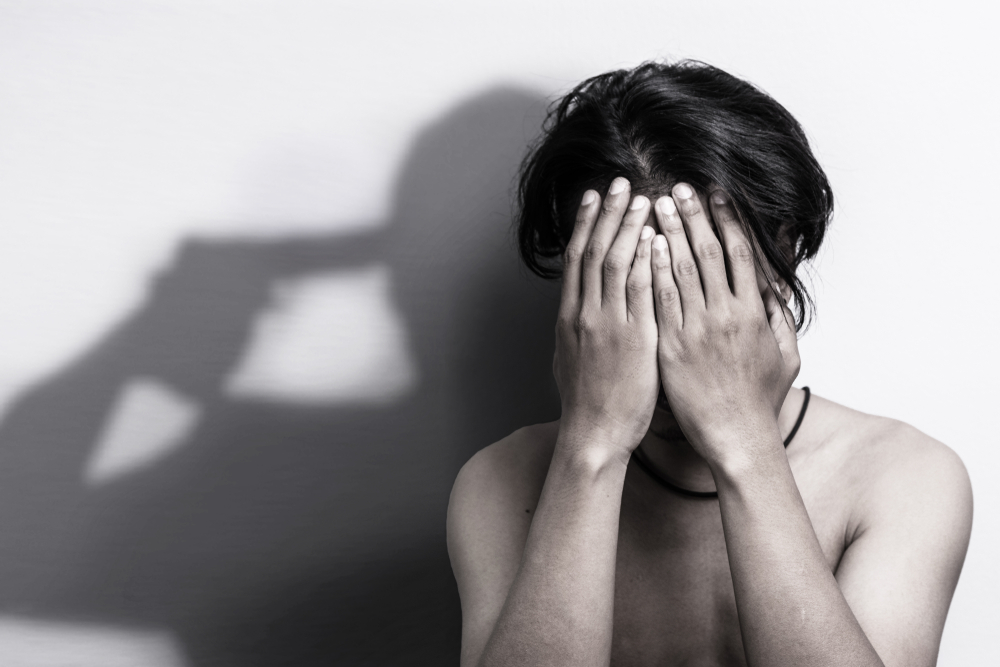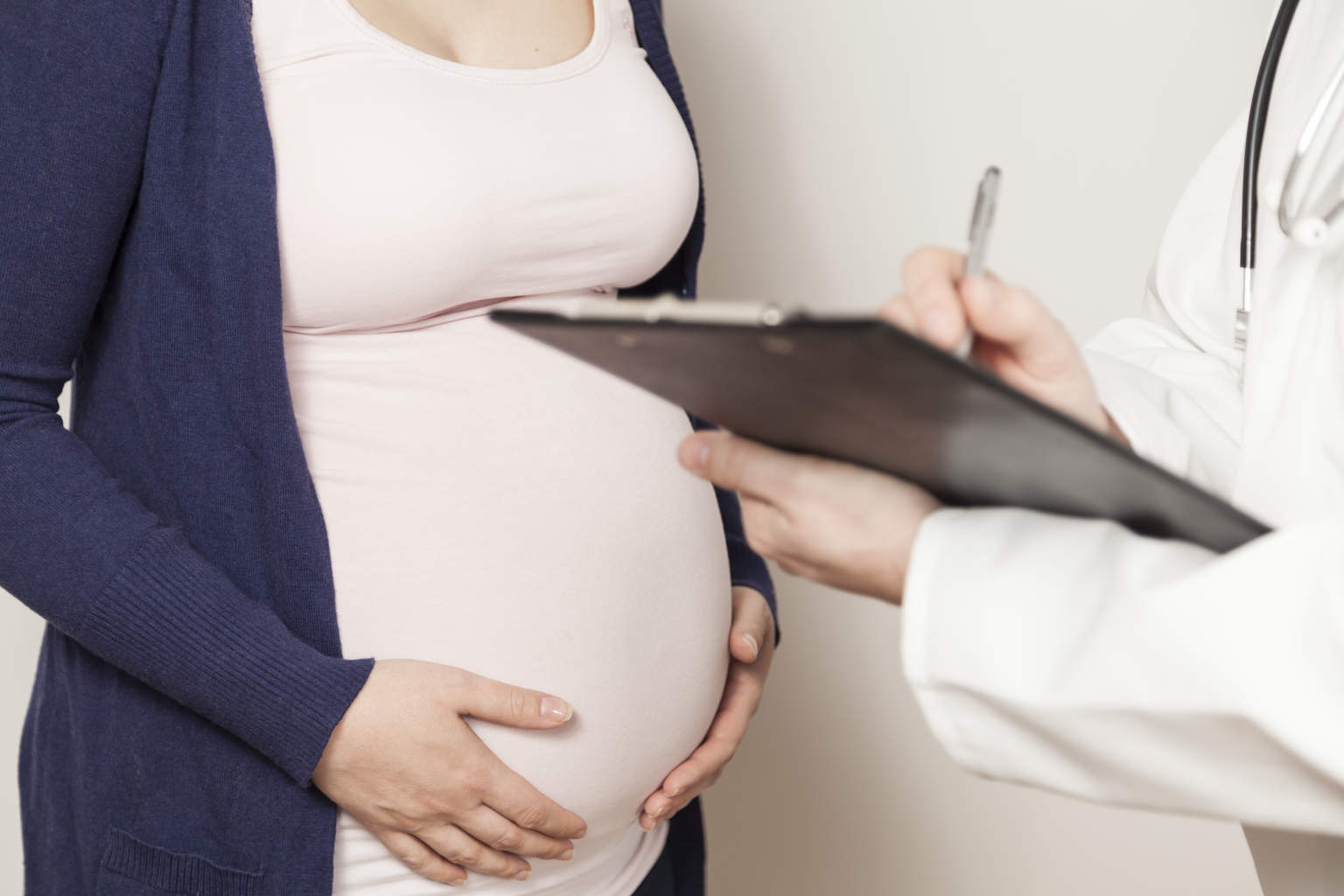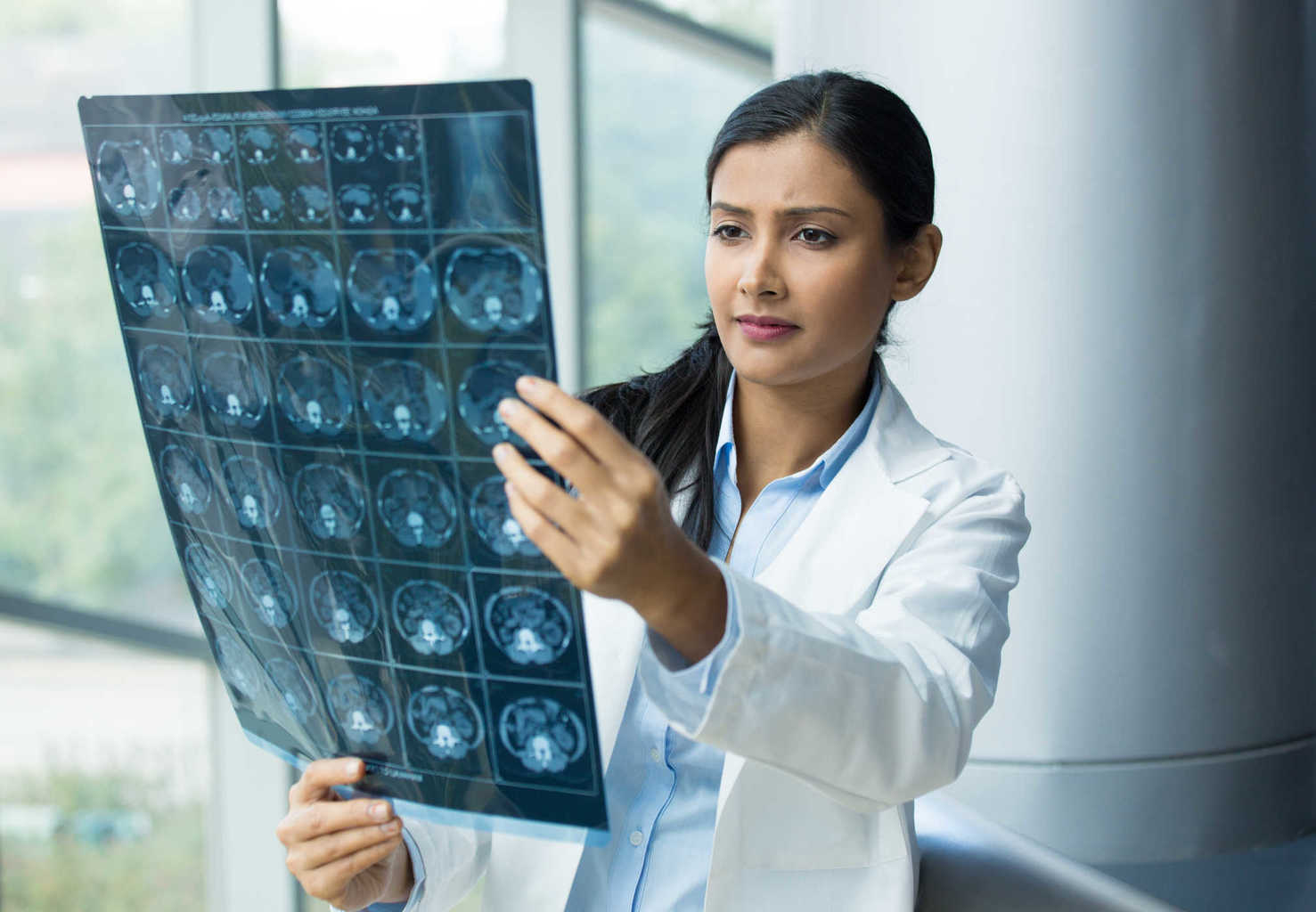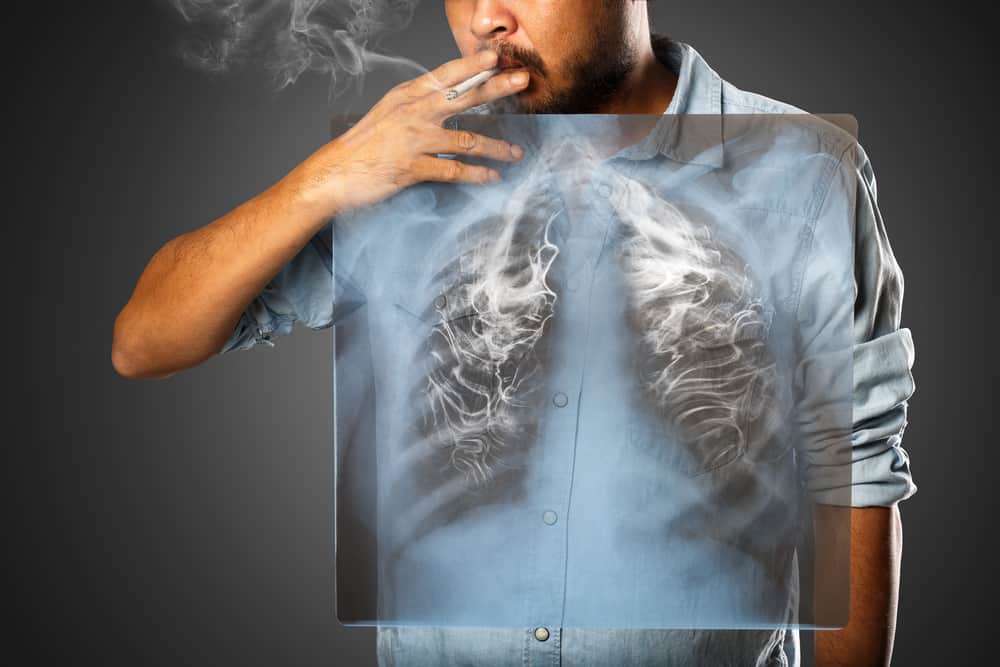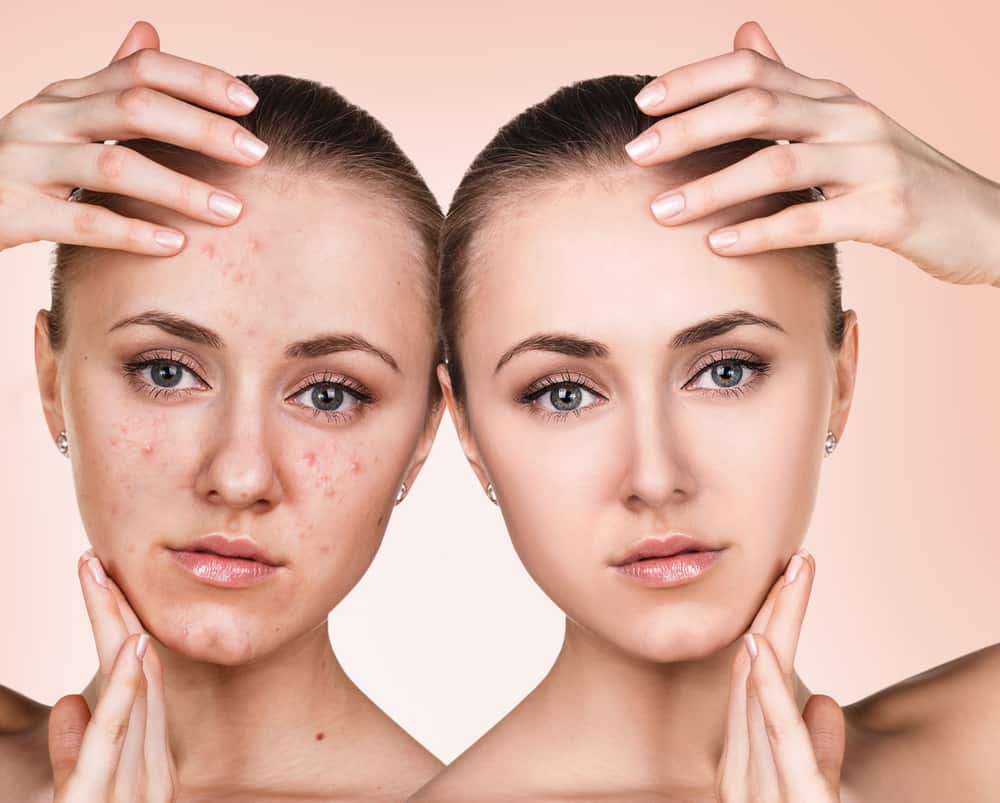Contents:
- Medical Video: 5 Types of Depressive Disorders
- Depression of psychosis includes major depression (major depression)
- Some people with major depression can be hallucinating or delusional
- Psychosis aggravates symptoms of depression
- What causes psychosis depression?
- How do doctors diagnose psychosis depression?
- What is the way to handle it?
- What should be done if faced with depression with psychosis?
Medical Video: 5 Types of Depressive Disorders
People with depression are often described as people who always mope. But the reality is not always the case. Some people with depression can also experience psychosis, which makes them very difficult to distinguish between real and not. Psychosis is a unique characteristic that generally tends to appear in schizophrenia. Well, the type of depression that gives rise to symptoms of psychosis is known as depression psychosis.
Depression of psychosis includes major depression (major depression)
Depression of psychosis is one manifestation of major depression (major depressive disorder /MDD) aka severe depression or clinical depression.
According to the Diagnostic and Statistical Manual for Mental Disorders (DSM) -IV book, MDD is often defined as the appearance of depressive symptoms that last at least 2 weeks.
Depressive symptoms vary by person. However, classic signs of major depression can include:
- Feelings of sadness, prey, helpless, or hopelessness.
- self isolation and self-hatred.
- Always feel weak and not powerful; have no motivation.
- Difficulty concentrating.
- Losing interest and passion for doing things that were once considered fun.
- Changes in appetite and drastic weight (can go up or down).
- Hard to sleep.
Not a few people with major depression also have suicidal thoughts or suicidal tendencies.
Some people with major depression can be hallucinating or delusional
Individuals who suffer from the depression subtype of psychosis continue to experience typical symptoms of depression as above, but also accompanied by the appearance of psychotic symptoms such as hallucinations or delusions. About 1 in 5 people with major depression can experience symptoms of psychosis.
Delusion is a type of mental disorder that makes a person unable to distinguish between reality and imagination, so he believes and behaves according to what he thinks (even though it really doesn't really happen). For example, believing that people around him will do evil to him or believe that he is worthless and therefore always treated unfairly.
Meanwhile, hallucinations are changes in the sensations that we feel when the senses experience things that are not real. For example, hearing a mysterious voice or seeing what actually isn't, or feeling someone touching their body.
Psychosis aggravates symptoms of depression
The symptoms of psychosis can make the depression experienced by the person getting heavier.
Depression of psychosis is a serious mental disorder because everyone who experiences it is at risk of endangering themselves. Symptoms of psychosis can make depressed insiders believe that their condition is worse than they really are or believe that they have other health conditions, such as cancer.
This belief can make him seek the wrong treatment and is not really needed, which ultimately worsens his depression. Whether from the side effects of certain cancer drugs that trigger mood changes or severe stress reactions they experience when they consider themselves cancer positive.
Symptoms of psychosis can also trigger them to hurt themselves or others when they feel panic or threatened even though this is not real.
What causes psychosis depression?
Depression of psychosis is almost always preceded by general depression. The exact cause of depression itself is not widely known. However, the appearance of depression can be greatly influenced by genetic and environmental factors, such as a history of trauma or severe stress.
Depression can also be caused by biological factors, such as the imbalance of the hormone serotonin, norepinephrine, and dopamine in the brain responsible for regulating moods.
Another factor that allows depression in psychosis is a history of certain mental disorders related to psychosis in the family, such as schizophrenia. Depression psychosis can also appear as a single disorder or be triggered and coexist with other mental health disorders.
How do doctors diagnose psychosis depression?
Depression of psychosis is quite difficult to recognize and is distinguished from depression in general. The condition of psychosis is difficult to recognize because hallucinatory symptoms are not always realized and reported by sufferers.
But for doctors to diagnose this disorder, one must have at least five of the symptoms of depression that have survived for two weeks or more. Doctors also need to observe their patients deeper to be able to detect symptoms of psychosis such as delusions and hallucinations.
What is the way to handle it?
Handling depression psychosis requires strict supervision and treatment, both from medical doctors and professional psychiatrists.
The recommended treatment may involve a combination of antidepressant and antipsychotic drugs, or electroconvulsive therapy. The goal of this treatment is to rebalance the work of the brain neurotransmitters. If it doesn't work, electroconvulsive therapy is likely to be done when the person is totally sedated.
In addition, handling depression psychosis must also involve preventing suicide attempts or self-mutilation.
What should be done if faced with depression with psychosis?
If you find someone with depression psychosis will endanger themselves or others, immediately ask for help from the police emergency number110 or ambulance (118 or 119).
While waiting for help to arrive, avoid sharp objects that have the potential to hurt. Try to calm the person by listening and asking him to speak.
Avoid negative words or use high notes like shouting that can make them more panicked or angry.

